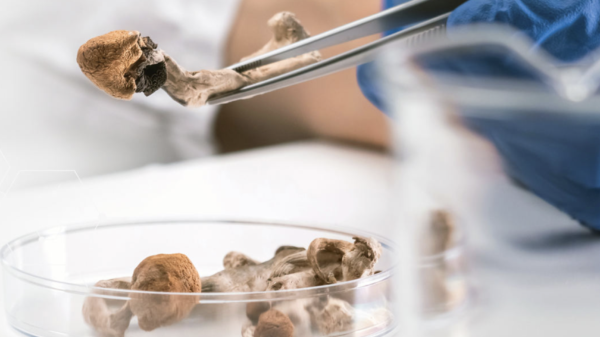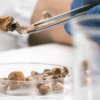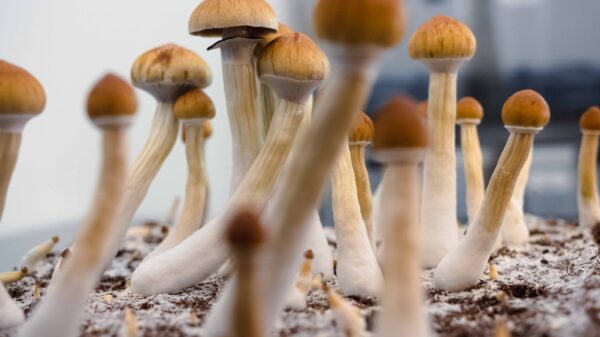Psychedelics company Numinus Wellness Inc. (TSX: NUMI) (OTCQX: NUMIF) has received approval from Health Canada to conduct research on an ancestral South American psychedelic brew, and a cactus used for centuries by pre-Columbian Indigenous groups.
On Wednesday, the Vancouver-based company said it received approval from Health Canada to study the DMT-containing brew ayahuasca, and the cactus San Pedro, which contains mescaline.
Specifically, the company’s research branch Numinus Biosciences will be studying the alkaloid-rich plants used to make ayahuasca, including caapi, chacruna, chagropanga and jurema preta.
Caapi contains harmaline and harmalol, which are alkaloids that work with the other DMT-containing plants to produce a stronger and longer psychedelic experience.
Ayahuasca is a psychedelic concoction produced by mixing leaves and bark from the plants. It’s traditionally consumed for ceremonial, medicinal and spiritual purposes by Amazonian Indigenous groups, but it has become popular among Westerners for its strong psychedelic effects and mental health benefits.
San Pedro is a cactus considered sacred by cultures such as Chavin, Mochica, Ware and Quechua in South America. It contains mescaline, which is also found in other cacti like peyote and Peruvian torches. The cacti can be dried and consumed as a dry powder or drank in a brew.
The company will develop standardized analytical methods for both psychedelics to be used in research.

Photo by Apollo via Wikimedia Commons
Read more: Numinus ups revenue 61% thanks to psychedelic-focused therapy programs
Read more: Numinus submits novel psilocybe formulation for clinical trial
Science officer at Numinus Bioscience Sharan Sidhu says there’s little research on the plants, and the company is broadening its research on naturally ocurring ethnobotanical substances, their mixtures and synergies.
“This is a first step in helping us better understand their mechanisms and potential therapeutic applications,” Sidhu says.
The company has licences to study, possess, test, produce, sell and export DMT, ketamine, LSD, MDMA, mescaline, psilocin and psilocybin.
“Many naturally occurring psychedelic compounds have already been in traditional use for millennia,” CEO Payton Nyquvest says.
“These amendments honour and build on those practices while allowing us to do novel clinical research and deepen the body of scientific data for scaled development and greater public access to much-needed therapies.”
Follow Natalia Buendia Calvillo on Twitter
natalia@mugglehead.com












